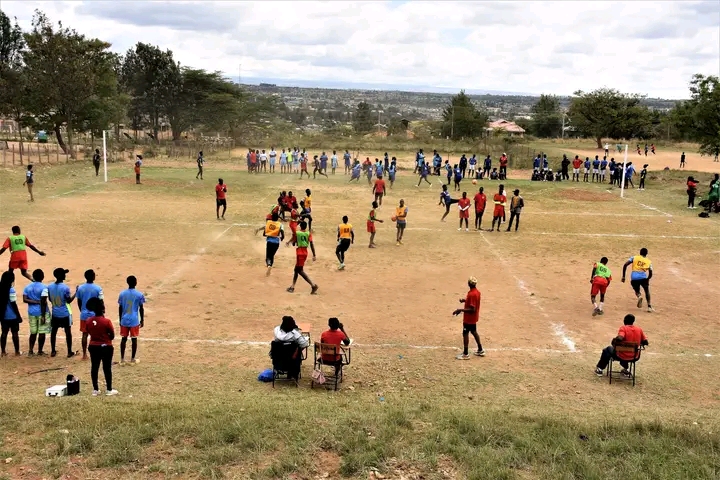The idea of eating three structured meals a day is instilled in our culture, yet for many university students, or “comrades,” this ideal is simply not possible.Financial constraints, demanding schedules, and diverse backgrounds make it challenging to achieve a traditional breakfast-lunch-dinner routine. Instead, many students find themselves adapting their eating habits to fit both their budgets and their busy lives, most of them often relying on one or two meals a day
University students come from various backgrounds, with many facing significant financial challenges. The costs of tuition, books, and housing often leave little room for food expenses, making it tough for students to adhere to the conventional “three meals a day” pattern. This financial reality is especially evident for students living in hostels on campus, who might only afford one or two meals a day from the student mess. For these students, meals might be less about routine and more about making limited resources last. Often, breakfast is skipped in favor of a single, larger meal or, at most, a simple lunch and dinner.
For students residing off-campus, the situation is just as challenging, if not more so. The added expenses of rent and utilities and push food lower down the priority list. Many off-campus students choose to cook only once a day, usually in the evening, after classes and part-time jobs. For these comrades,Supper is usually the most important meal of their day while they feed earlier on cheap snacks like” KDF” and “Ngumus”.While these choices are rooted in financial necessity, they reflect a resilient approach to student life, where comrades strive to balance nutrition with affordability.
This brings us to the question: Is it essential for comrades to eat three meals a day? Interestingly, the three-meal structure is a modern practice, primarily a Western cultural norm that may not be a biological requirement. Historically, people have thrived on fewer meals, often eating just one main meal based on the availability of food. This approach aligns more closely with how many students eat today out of necessity. Furthermore, recent studies suggest that limiting food intake to certain periods — an approach known as intermittent fasting— can have health benefits. According to Emily Manoogian, a researcher at the Salk Institute, intermittent fasting allows the digestive system to rest, which can improve metabolic health and promote cellular repair. For financially strained students, adopting a one- or two-meal structure might not only help with budgeting but could also support long-term health.
-

Maasai Mara University students patiently line up for lunch at the university mess. Photo courtesy of Abdul Hakim.
For students looking to balance their dietary needs with limited finances, there are some practical strategies. Bulk cooking, for instance, can make one or two daily meals more affordable and nutritious. By preparing meals in advance, students can control portions and stretch their grocery budget.
Ultimately, while three meals a day may work for some, it’s not a one-size-fits-all approach, especially for university students navigating financial constraints and demanding schedules. By adapting to their unique circumstances, comrades can still maintain a balanced diet on a budget without feeling bound to conventional meal patterns.
We encourage parents and guardians to consider the financial challenges that students face at university. Timely support with rent and adequate upkeep for groceries, meals, and other expenses can make a big difference. With a stable budget, students can focus more on their studies and well-being without the added stress of financial strain. Your support is essential to helping them succeed in both their academic and personal lives.
What are your thoughts on the “three meals a day” standard? How do you manage your meals with a student budget?We’d love to hear your experiences.
Share this content:



